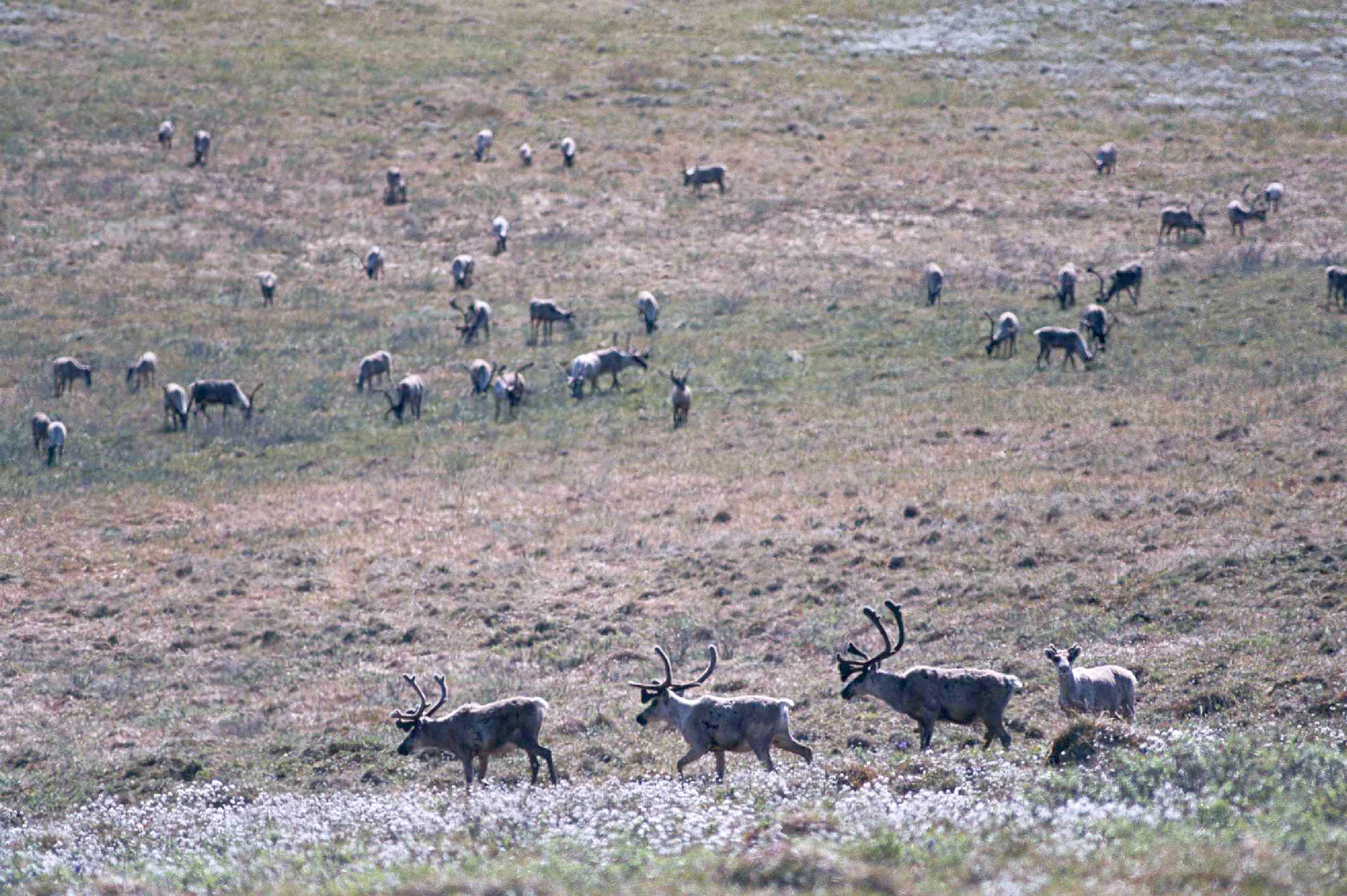• By Rep. George Rauscher
In his first hours in office and with the stroke of a pen, President Joe Biden put on hold an effort to develop what may be the largest production field in North America.
It was a more than 40-year effort and one led by dozens of voices from the North Slope communities and organizations. The Alaska Legislature has sent many resolutions requesting congressional action to open the coastal plain, and in 2017 that unified voice was listened to.
All seemed well when in early January, the Bureau of Land Management approved oil and gas lease sales for the Arctic National Wildlife Refuge (ANWR).
That all changed on Jan. 20.
Despite federal law calling for the “leasing development, production and transportation of oil and gas” in the Arctic National Wildlife Refuge, President Biden issued a moratorium on all ANWR oil and gas leasing activities and effectively reversed the sale that had already occurred.
That’s why I am sponsoring House Joint Resolution 12, which urges the Biden administration “to honor the recent lease sales and proceed with permitting” in ANWR. The resolution also opposes designating ANWR “as a National Monument” while “urging the Alaska delegation in Congress to uphold” federal law.
That resolution passed on Monday with the bipartisan support of 35 members of the Alaska House. It now moves on to the Senate.
Upon passage of this resolution, the Alaska State Legislature will have sent a unified message to the federal government asking them to work with us, rather than against us, in developing our resources and empowering our communities.
The Biden administration needs to follow federal law and allow Alaska to honor its constitutional obligation by developing its resources. Our state’s livelihood depends on it.
As overall Alaska oil production has declined, the development of additional oil fields has become increasingly important to maintain the viability of the trans-Alaska pipeline (TAPS). TAPS is not only a critical piece of infrastructure for Alaska, it remains critical for the United States’ energy portfolio and national security.
With an estimated 7.3 billion barrels of economically recoverable oil, the stakes remain too high for Alaska’s future. That could mean an additional 1.4 million barrels per day for TAPS. Of the 17% royalty payment negotiated in the ANWR agreement, Alaska receives half.
Those that oppose oil and gas development on the coastal plain of ANWR point toward possible effects on the Porcupine caribou herd. Similar arguments were made prior to development in Prudhoe Bay. However, multiple studies indicate the Central Alaska caribou herd remains strong.
Others cite climate change as their underlying concern and argue that if we leave that oil in the ground, we may avert disaster.
I contend that the real disaster is continuing to purchase petroleum from jurisdictions with lower environmental standards or worse — from jurisdictions that routinely fund enemies of our country.
Alaska has been safely producing oil and gas for more than 40 years. We have some of the highest environmental and safety standards in the world.
The ground is still viable, and the caribou are still numerous.
If we want to have a serious conversation and solve our state’s budget deficits, responsible resource development has to be part of it. Alaska should be open for business and our leaders need to let it be so.
Representative George Rauscher is (R-Sutton) is serving his third term as a member of the House Resource Committee.

